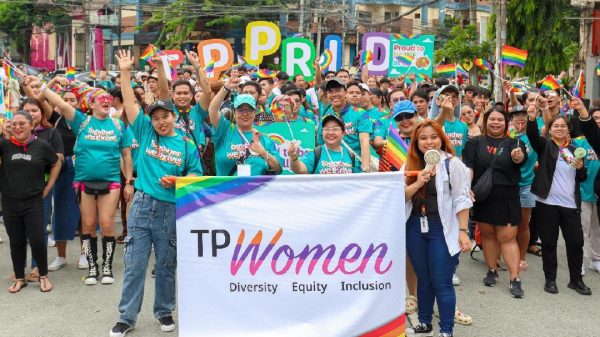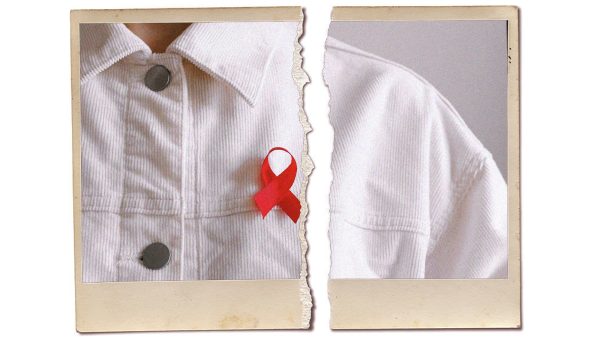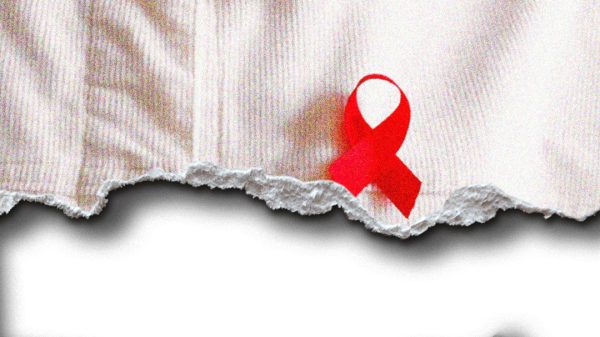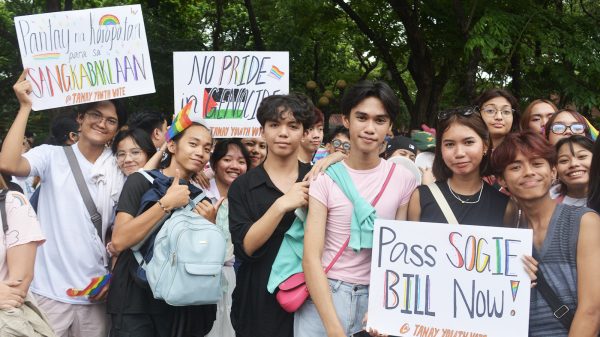Involuntary disclosure of sexual orientation or gender identity is linked to heightened rates of depression and anxiety.
This is according to a study – “Stress of being outed to parents, LGBTQ family support, and depressive symptoms among sexual and gender diverse youth” by Peter S. McCauley, Alexander J. Del Farno, Antonia E. Caba, et al – that was published in the Journal of Research on Adolescence.
Forced outing “is a relatively common experience, and we need to understand more about it,” said McCauley. “People should be coming out under their own terms.”
This study used data from a survey of approximately 9,300 queer youth aged 13 to 17, collected in 2017 by the Human Rights Campaign (HRC) and the University of Connecticut’s Department of Human Development and Family Sciences. Among the respondents:
- two-thirds identified as cisgender
- 70% said their LGBTQ status was not involuntarily disclosed to their families
- among those not outed, 36% said their parents did not know they’re not heterosexual
- almost half of the gender non-conforming students said they were not out to their families
The study found:
- 1/3 of LGBTQ youth outed to their families were more likely to report major symptoms of depression
- transgender and nonbinary youth who were outed to their parents reported the highest levels of depression symptoms, and lowest amount of family support
- 69% of those who were forcibly outed said the experience was extremely stressful
Even if scientific data supports the bad effects of being forcibly outed, various states in the US actually have laws that require schools to do this, including Idaho, North Dakota, Iowa, Indiana, Tennessee, North Carolina, South Carolina and Alabama.
“Given the prolonged marginalization of sexual and gender diverse youth (SGDY) across various contexts (e.g. legislation directly targeting SDGY), the results show that a lack of agency in disclosing a sexual and/or gender identity to parents can greatly undermine the wellbeing of SGDY,” the researchers stressed.





























































